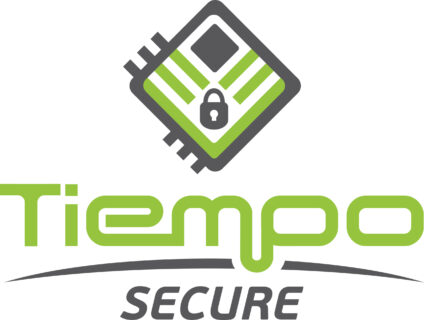Hype Receding: Is Quantum Computing an Impressive Science Experiment or Practical Technology?
Are today’s rudimentary quantum computers already on the verge of significant feats beyond the reach of traditional computers? Or have their capabilities been exaggerated, as practical uses for the technology recede into the future?





